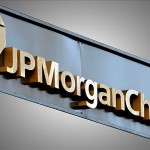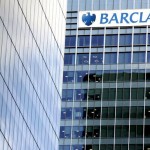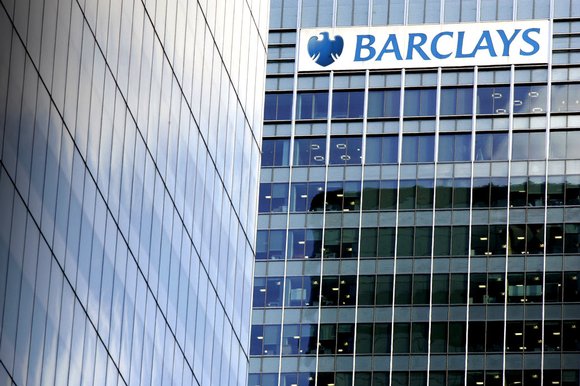NEW YORK
 Five major banks, a.k.a. “The Cartel,” —Citicorp, JPMorgan Chase & Co., Barclays PLC, The Royal Bank of Scotland plc and UBS AG—have agreed to plead guilty to felony charges, officials announced this week.
Five major banks, a.k.a. “The Cartel,” —Citicorp, JPMorgan Chase & Co., Barclays PLC, The Royal Bank of Scotland plc and UBS AG—have agreed to plead guilty to felony charges, officials announced this week.
The banks admitted to conspiring to manipulate the price of U.S. dollars and euros exchanged in the foreign currency exchange spot market, according to authorities.
The sole purpose of the electronic manipulation was to increase bank profits, authorities said.
Four of the banks will pay more than $2.5 billion in criminal fines, officials stated.
A fifth, UBS AG, agreed to plead guilty to manipulating the London Interbank Offered Rate or LIBOR and other benchmark interest rates and pay $203 million as a criminal penalty, after breaching its December 2012 non-prosecution agreement resolving the LIBOR investigation, according to officials.
“The charged conspiracy fixed the U.S. dollar—euro exchange rate, affecting currencies that are at the heart of international commerce and undermining the integrity and the competitiveness of foreign currency exchange markets which account for hundreds of billions of dollars worth of transactions every day,” said Assistant Attorney General Bill Baer. “The seriousness of the crime warrants the parent-level guilty pleas by Citicorp, Barclays, JPMorgan and RBS.”
According to plea agreements to be filed in federal court in Connecticut, these are the allegations:
Between December 2007 and January 2013, euro-dollar traders at Citicorp, JPMorgan, Barclays and RBS—self-described members of “The Cartel”—used an exclusive electronic chat room and coded language to manipulate benchmark exchange rates.
Those rates are set through, among other ways, two major daily “fixes:” the 1:15 p.m. European Central Bank fix and the 4:00 p.m. World Markets/Reuters fix. Third parties collect trading data at these times to calculate and publish a daily “fix rate,” which in turn is used to price orders for many large customers.
“The Cartel” traders coordinated their trading of U.S. dollars and euros to manipulate the benchmark rates set at the 1:15 p.m. and 4:00 p.m. fixes in an effort to increase their profits.
These traders also used their exclusive electronic chats to manipulate the euro-dollar exchange rate in other ways.
Members of “The Cartel” manipulated the euro-dollar exchange rate by agreeing to withhold bids or offers for euros or dollars to avoid moving the exchange rate in a direction adverse to open positions held by co-conspirators.
By agreeing not to buy or sell at certain times, the traders protected each other’s trading positions by withholding supply of or demand for currency and suppressing competition in the FX market.
The settlement drew scathing criticism from those in the financial community and others.
The Los Angeles Times reported that the settlement was “greeted with a wave of scorn” from financial reformers and other critics:
They said that, as in past settlements, no individuals were charged with a crime, that the banks could continue operating in the markets they allegedly manipulated and that the penalties would be paid by the banks’ shareholders
In addition, they noted, much of the penalties would be tax-deductible, the Los Angeles Times report stated.
“I think it’s a facade of justice,” Jimmy Gurulé, a University of Notre Dame law professor and former federal prosecutor and Treasury Department official, told the Los Angeles Times. “It’s an attempt to make it appear that the Department of Justice is really doing something serious about the culture of corruption in banks. But the actual perpetrators, the architects of the criminal scheme, are not held accountable.”


